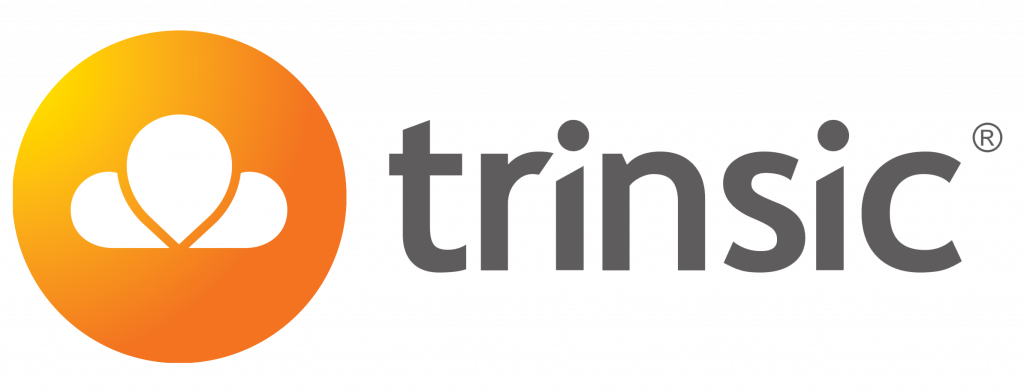Trinsic recognises that Modern Slavery is a crime and a violation of fundamental human rights. We are aware that Modern Slavery takes various forms, including slavery, servitude, forced and compulsory labour and human trafficking, all of which have in common the deprivation of a person’s liberty by another in order to exploit them for personal or commercial gain.
Modern Slavery is the term used within the UK and is defined within the Modern Slavery Act 2015. The Act categorises offences of Slavery, Servitude and Forced or Compulsory Labour and Human Trafficking (the latter of which comes from the Palermo Protocol).
Trinsic is committed to the principles of the Modern Slavery Act 2015 and the abolition of modern slavery and human trafficking.
As an Equal Opportunities employer, we’re committed to creating and ensuring a non-discriminatory and respectful working environment for our staff. We want all our staff to feel confident that they can expose wrongdoing without any risk to themselves.
Our recruitment and people management processes are designed to ensure that all prospective employees are legally entitled to work in the UK and to safeguard employees from any abuse or coercion.
We do not enter into business with any organisation, in the UK or abroad, which knowingly supports or is found to be involved in slavery, servitude and forced or compulsory labour.
We will ensure that our activities and those of our contractors operate to the highest level of ethical standards operating under sound governance arrangements.
Our initial annual statement attached to this Policy provides details of our activities, our supply chains, and actions we are continuing to take to support government.
We require all organisations we engage with to ensure their goods, materials, and labour-related supply chains are unambiguous and:
- Fully comply with the Modern Slavery Act 2015; and are.
- Clear, transparent, accountable, and auditable; and are.
- Free from ethical ambiguities.
Modern Slavery and Human Trafficking Public Statement 2021 to 2022
- This statement is made pursuant to section 54(1) of the Modern Slavery Act 2015 for the financial year ending 31 March 2024
- This is our initial draft annual statement, and it contains a summary of progress undertaken during 2023/24
- We continue to engage with many private and public sector organisations in pursuit of our regulatory interventions and business activities
- Our activities take place solely in England
- Our Investment and Investment and Development models are to support business growth in the following sectors/areas using delivery partners
- Our approach to recruitment and supporting recruitment policy supports our approach
Key statement highlights for 2023- 2024
We aim to have sought assurance from all our contracting partners regarding their position safeguarding against Modern Slavery via a questionnaire.
We will ensure all staff undertake an e-learning Modern slavery training as a condition of employment.
Developed additional methods to communicate training delivery in the form of a “webinar”. This medium enabled us to expand our delivery and increase risk awareness to specific compliance conditions.
Within our annual report to the Trinsic Board we will report our activities to our Executive Management Team via our Quality Management Committee allowing for appropriate governance. This continued “top-down” responsibility and governance for this policy and statement and its’ endorsement from our Board and Senior Management Team
During this reporting period Trinsic have not identified nor have we been made aware of any instances of Modern Slavery taking place within the scope of our business activities.
Policy Review and Statement approach
During the reporting period we have continually reviewed our policy and statement benchmarking against our activities to establish whether the approach we take embraces best practice. In addition, we have progressed through the Modern Slavery Risk Assessment process.
Risk Management
Trinsic’s approach has been to establish a baseline Risk Assessment, which will then help us benchmark our activities and policy statement with other organisations with similar supply and reputation risk issues
The actions detailed within the policy and this Statement form part of Trinsic’s compliance risk mitigation strategy.
In terms of continued risk management, Trinsic has completed a review of this policy and statement measuring against our activities to establish whether the approach we have taken follows emerging best practice.
Risk assessment – assessing our risk
- Our initial assessment shows our primary risk is with an association with a delivery partner, framework participant, regardless of size, with an ambiguous or non-compliant supply chain
Continued assessment of our risk environment indicates that our primary risks remain constant and our controls to mitigate against these risks whilst mature and should be agile to respond are always evolving.
Risk Environment & Risk Mitigation
In the course of our business activities, the potential risk of Modern Slavery arises from the following key scenarios:
- The risk that we procure goods or services for our own consumption where there is an unethical supply chain
- The risk that we partner alongside organisations with an unethical supply chain
This risk is mitigated by
- Using vetted and monitored processes for approving preferred suppliers/partners which demonstrates their compliance with the requirements of the Modern Slavery Act
Our approach ensures
- A clearer understanding of the supply chain risks across our business lines
- Re-affirmed compliance requirements with the Modern Slavery Act in our tender and procurement documentation
- Reviewed existing compliance conditions in existing contracts and agreements, including termination clauses
- Engaged with other organisations to establish our approach is appropriate and proportionate and to raise awareness across the sector.
In conclusion, our due diligence processes are robust and help us to uncover areas in our business model and partnership arrangements where the risk of Modern Slavery are greatest.



